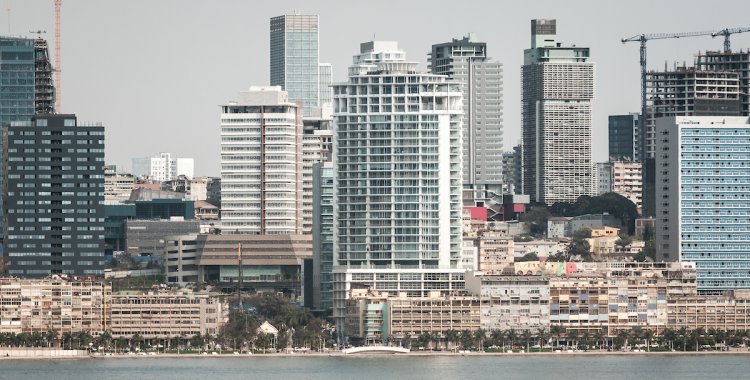"We now forecast real Gross Domestic Product growth to slow from 2.5 percent to 1.9 percent in 2023; in our view, the sharp currency depreciation will result in sharp rises in inflation and interest rates, which will affect consumers' pockets, thus reducing economic growth", write analysts from the African department of this British consultancy.
In the note sent to customers, and to which Lusa had access, Oxford Economics says that oil production is expected to fall by 1.7 percent, to 1.121 million barrels a day this year, essentially due to the maintenance work carried out during the first quarter.
"The fall in production was only temporary due to maintenance works, and production already started to recover in May, and is expected to grow modestly until the end of 2023, but due to losses in the first quarter, we now anticipate a fall in production, which will weigh on overall economic growth this year", analysts write, adding: "We no longer expect non-oil GDP to be as robust as we did in May".
Angola's GDP stood at 0.3 percent in the first three months of 2023, year-on-year, and fell by 1.1 percent compared to the previous quarter, according to the National Institute of Statistics (INE).
According to the Quick Information Sheet, this is the first time that quarterly GDP has slipped into negative territory since the second quarter of 2021.
The decline in oil exploration and refining activity (1.11 percentage points) was the basis for the negative quarterly variation and anemic growth in the first quarter of 2023.
In year-on-year terms, the Gross Value Added (GVA) of oil fell by 8.0 percent, in the first quarter of 2023, compared to the same quarter of 2023, contributing negatively by 2 percentage points to the total change in GDP.
Following the release of these data, at the beginning of the month, the Ministry of Economy and Planning ruled out any economic recession as a result of the stagnation of the country's economy in the first quarter of 2023, due to the oil fall, considering that "structuring programs" should reverse the course of evolution of this macroeconomic indicator.
The head of the ministry's Macroeconomic Policy and Management department, Martins Afonso, defended that the evolution of GDP in the first quarter of 2023 is not symptomatic of recession.
"This growth of -1.1 percent is a quarterly rate, but the year-on-year variation represents a growth of 0.3 percent, now when we compare it with the fourth quarter of 2022, there we will register a decline of 2,3 percentage points", replied the official to Lusa during a meeting with the press.
According to Martins Afonso, the record of GDP for the first three months of 2023 does not translate into a recession: "The economy stagnated due to an abrupt drop in the oil sector", he argued.
"What happened in this sector is that the amount of production dropped significantly and this was reflected in the drop in exports and, reflected in this drop, it has a strong influence on the ability to input resources, that is, on foreign exchange", he maintained.







